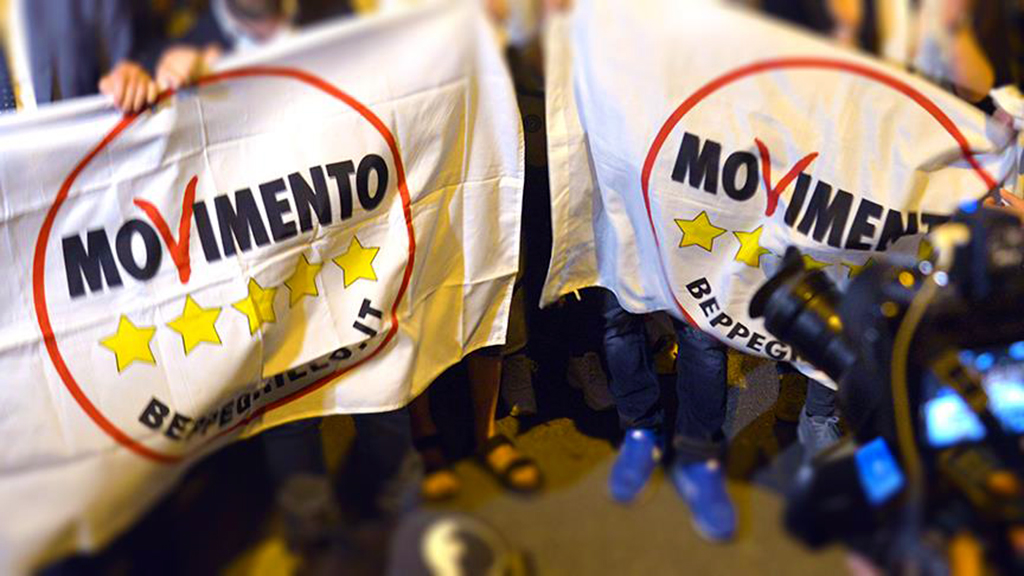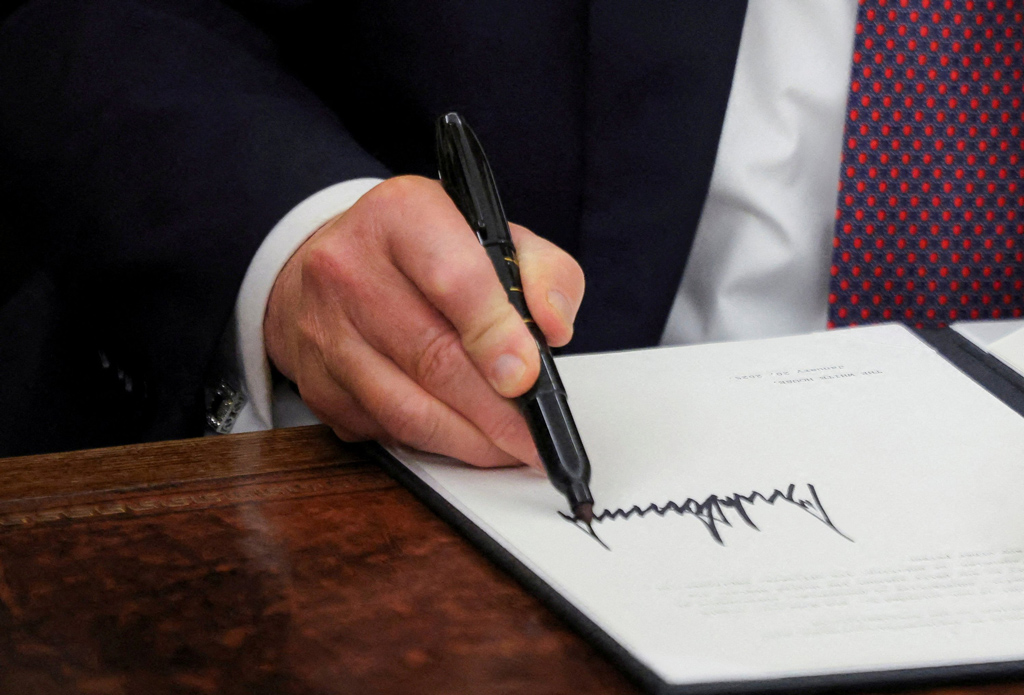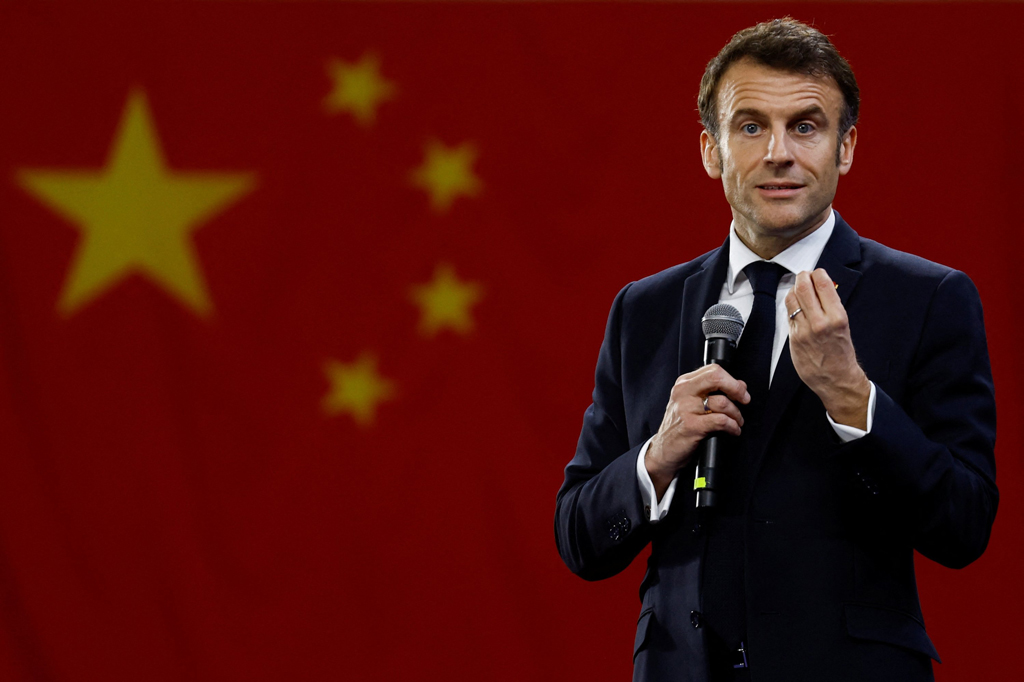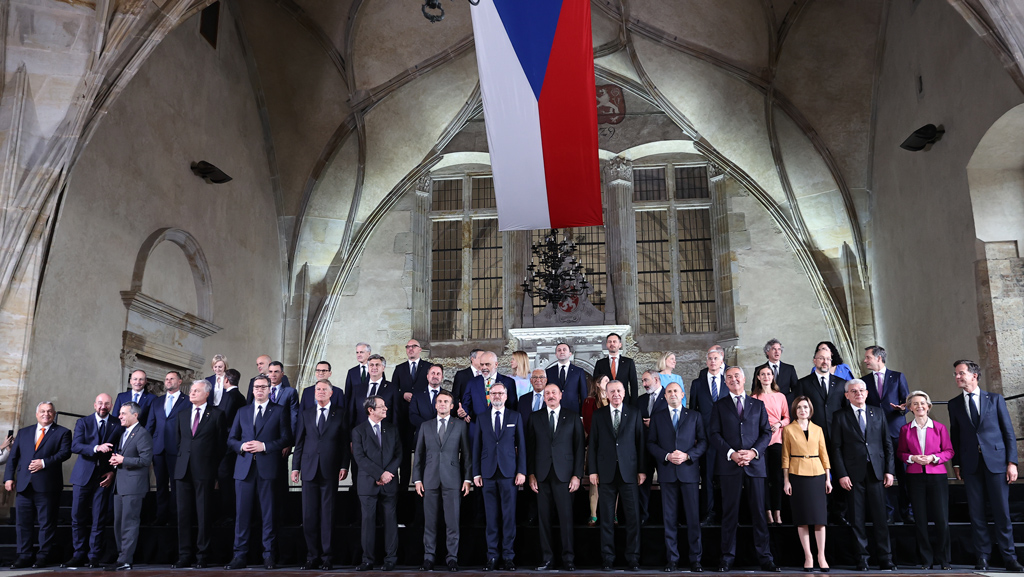
Social media boosted populist parties in Italian general elections
After the victory of populist parties in the Hungarian and Polish parliamentary elections in 2014 and 2015, respectively, the victory of the Leave camp in the Brexit referendum in 2016 and the rise of anti-establishment parties in the Dutch, French, Austrian and German general elections in 2017, on March 4, 2018, Italy became the new symbol of the political system crisis spreading in Europe.
Share
After the victory of populist parties in the Hungarian and Polish parliamentary elections in 2014 and 2015, respectively, the victory of the Leave camp in the Brexit referendum in 2016 and the rise of anti-establishment parties in the Dutch, French, Austrian and German general elections in 2017, on March 4, 2018, Italy became the new symbol of the political system crisis spreading in Europe. The neither left nor right Five Stars Movement (M5S) and the xenophobic Northern League received 32.6 percent and 18.7 percent of vote, respectively – more than 50 percent combined – when traditional center-right Forza Italia only got 14.0 percent and the Democratic Party 18.7 percent of the vote, their poorest showings in general elections.
More than their results, it is the astonishing progression of populist parties in elections from 2013 to 2018 that surprised the most – from 4 percent to 19 percent for the Northern League and from 26 percent to 33 percent for the M5S, which becomes the first political party in the country. This political earthquake is once again a matter of great concern for European democrats. Let us not be naive, even if their history, strategy and some campaign promises differ, both parties share anti-system rhetoric, harsh criticism or rejection of the EU and anti-immigration discourse. Above all, both claim to represent the people against "disconnected" and corrupted elites depicted as too compliant with Brussels, especially concerning austerity and immigration.
Social media's important role in Italy's elections
During the campaign, we saw both parties denounce the media as impartial while they were actively using the internet and social media as alternative vehicles to disseminate their ideas. This was not totally new, as the M5S had already created a sensation in the 2013 elections by sidestepping the mainstream media and reaching thousands of Italians on Facebook and Twitter. It was at that time the only party to leverage social media to such extent. The previous and charismatic leader of the M5S, Beppe Grillo, even forbade his members from participating on TV talk shows for years, pointing out their lack of independence.
However this year, every party, either radical or mainstream, got involved in the internet to a large extent, making social media one of the most preeminent sources of information. Interviewed by Reuters a few days ago, Italian marketing consultant Pietro Raffa even spoke of a "total shift to social media" about this campaign. His observations go along with the results of a study conducted by scholars at Oxford University, Michigan State University and the University of Ottawa in May 2017 that showed how the internet constituted the main source of political information for Italians, before television, radio and newspapers. Furthermore, the fact that the Italian state did not provide any public refund to parties for this campaign probably pushed candidates to engage in social media, a free arena with no regulation on content.
Social media and populist parties' identities
Yet, even if every party took part in this new dynamic, I firmly believe that this shift to social media firstly benefited populist parties. Indeed, if social media only represents new communication vehicles for mainstream political parties, it constitutes much more than this for populist parties. For them, social media forms a part of their anti-system narrative, an implementation of direct democracy they are calling for, a means to spread their political views without getting "corrupted" by mainstream TV and newspapers considered as being affiliated to traditional parties. In other terms, the use of social media proves the coherence of populist discourse in a rupture with the establishment and current institutions.
We can easily refer to Matteo Salvini, the leader of the Northern League, who explicitly said on this matter: "Thank god for the Internet, thank god for social media, thank god for Facebook."A few years ago, many of us thought that social media could represent a democratic alternative to traditional news channels. After the success of Donald Trump, Brexit and xenophobic parties in Europe, I personally reconsider social media as one of the main causes of the escalation of radical political propaganda and fake news. I have in mind the far-right Northern League and Brothers of Italy parties' aggressive campaigns on alleged Islamization, immigration and political opponents.
Many journalists also pointed out M5S's responsibility in the deterioration of public debate. Italian journalist Jacopo Iacoboni demonstrated in his 2018 book "l'Esperimento" (The Experiment) how the M5S presents in appearance a moderate face through its young leader, Luigi Di Maio, while multiplying hatred and xenophobic messages on Facebook through unofficial groups close to the party. As a result, xenophobic and euroskeptic themes fully dominated social media's sphere, benefiting both the far-right Northern League and atypical M5S, reminding me of the overrepresentation of the Leave camp's propaganda on Instagram, Facebook and Tweeter during the Brexit referendum.
As some commentators previously said in other elections in Europe, social media seems to have strengthened populist discourses in the Italian general elections. Suitable in form for virulent, outrageous and radical claims, social media has constituted once again both a powerful vehicle for anti-establishment positions and a symbolic medium of a new generation of politicians. It is the reason why Italian sociologist Alessandro Dal Lago argues in his 2017 book "Populismo Digitale" (Digital Populism) that social media can only benefit populist parties, which is what the most recent Italian elections seem to illustrate perfectly. For now, I wonder if traditional parties in Europe will be able to counter this dynamic in future elections and appropriate social media for their own electoral strategies.
[Daily Sabah, 28 March 2018]
Tags »
Related Articles
Experts Respond
Experts Respond: European Political Community | Opportunities and Limitations
October 2022






